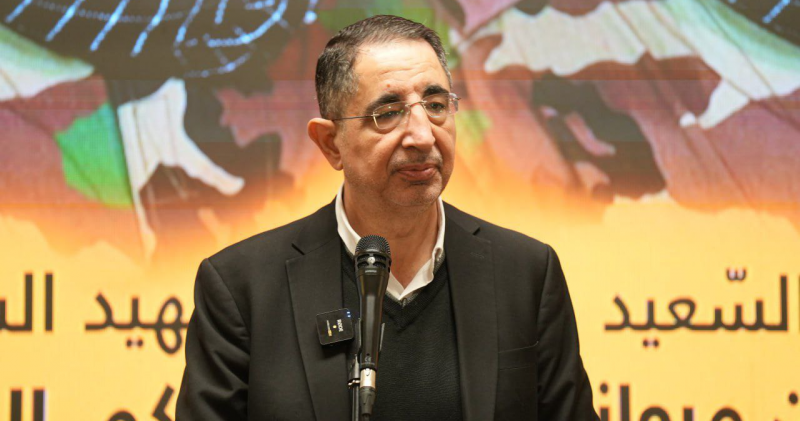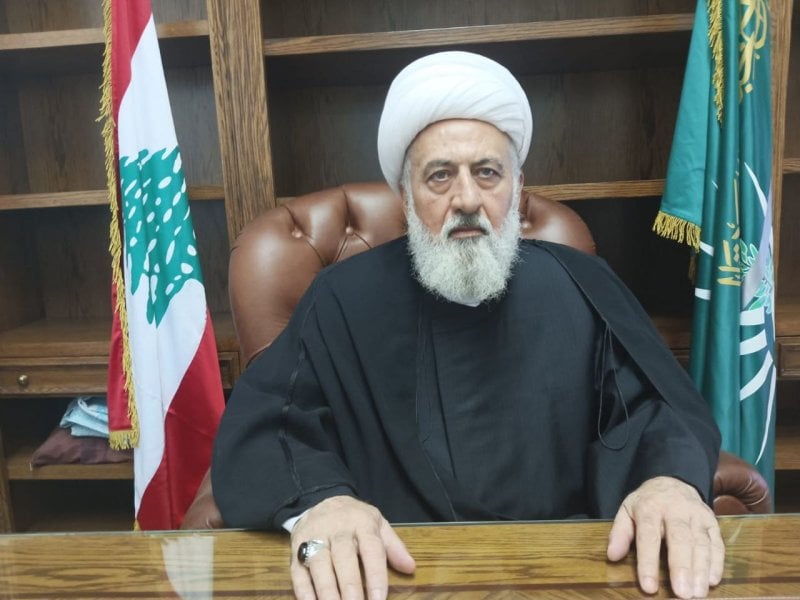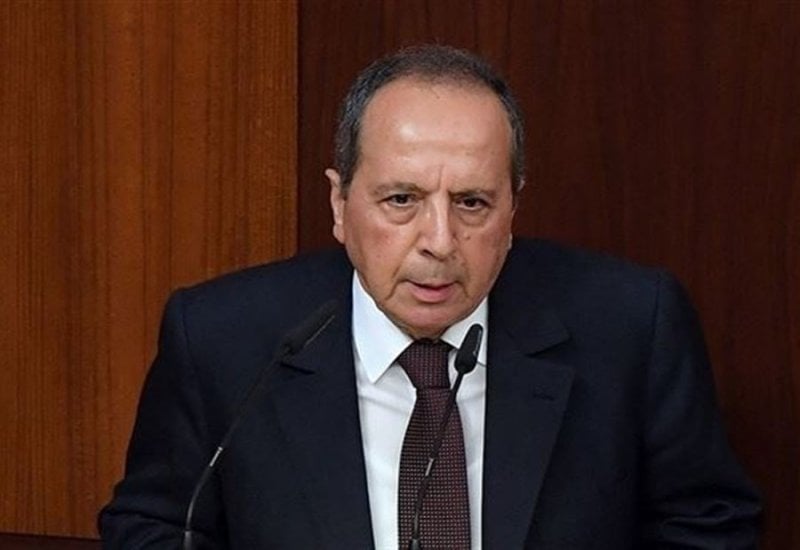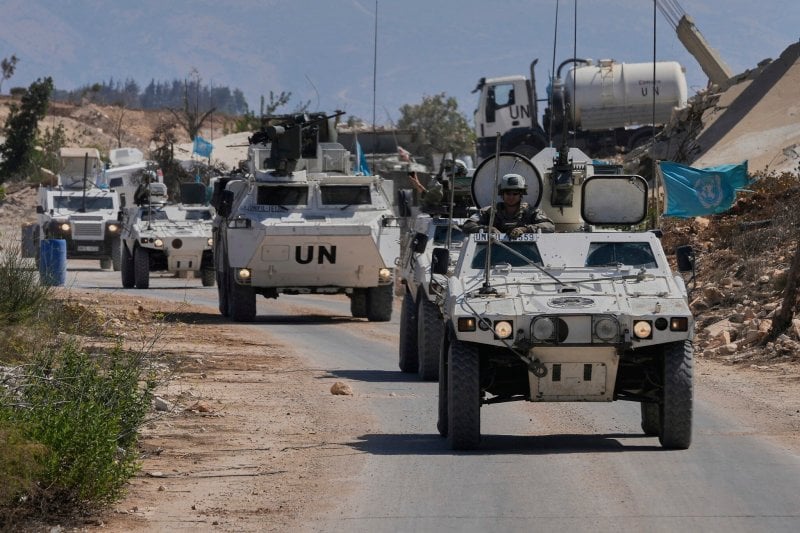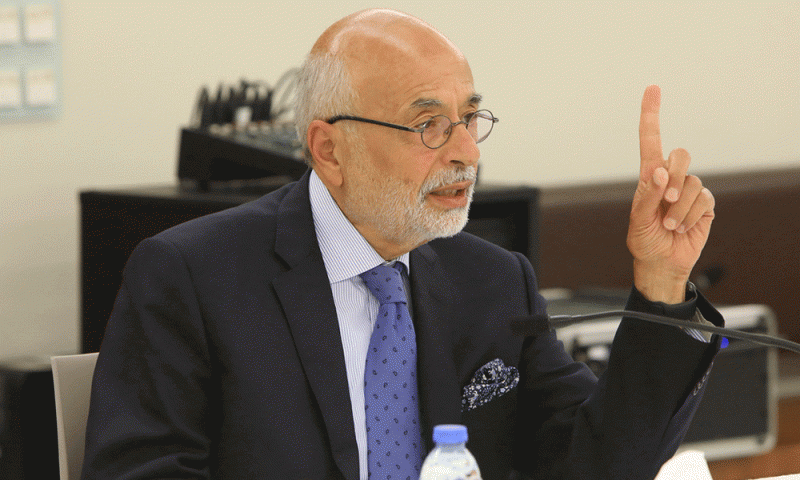
Analysts believe that the choice of Rafah is not random, but rather due to the fact that it is under full Israeli control. Through this, Israel aims to create the conditions for imposing a new control and management model that can later be generalized to other areas in the sector.
It is also noted that the first phase of the agreement has not yet been fully completed, and that there is a deliberate slowdown by Israel in implementation, with the invention of various pretexts related to the handover of bodies or the security situation. According to observers, this aims to consolidate a new management model starting from Rafah.
Some warn that the continued security and military control of Hamas may disrupt reconstruction efforts and open the door to internal chaos and perhaps Palestinian-Palestinian fighting, considering that there is a contradiction between the movement’s statements about handing over power and its practices on the ground.
This reality adds a pretext for Israel to control aid and crossings, and to exploit the Palestinian division to postpone the transition to the second phase of the agreement.
In contrast, some deny that Israel is about to implement a new administrative model in Rafah, emphasizing that Hamas has stood firm during the war and has not allowed the collapse of the sector’s institutions, describing the accusations against the movement as not reflecting reality.
These individuals affirm that the security services in Gaza are the only entity that controls the field situation, denying any indications of civil war or internal collapse. They also acknowledge the existence of “limited and non-political meetings” between the movement and representatives of the American administration, explaining that Egypt, Qatar, and Turkey are overseeing the implementation of the agreement, and that Hamas has handed over the bodies it had and cooperated with search teams.
It was also revealed that the movement agreed with Cairo on a local community administration in Rafah, after Israel rejected the full return of the Palestinian Authority, noting that Hamas preferred the Authority to manage Gaza, but the political reality imposed transitional options.
In contrast, other voices warn that “Hamas’s clinging to power and the continuation of ongoing security measures may lead to the collapse of Palestinian unity,” calling for one authority and one weapon under the umbrella of the Palestine Liberation Organization.
The city of Rafah is on the brink of collapse. @UNRWA is not able to provide humanitarian assistance anymore.
The lives of civilians are at stake, they need protection. @antonioguterres @JosepBorrellF @EUCouncil pic.twitter.com/9jGqEdnAZf— Philippe Lazzarini (@UNLazzarini) June 3, 2024
Israeli forces are operating in the center of Rafah, according to Palestinian media reports. The IDF has denied the reports.
Follow live updates. https://t.co/e9mzuT8R4L— The Washington Post (@washingtonpost) June 3, 2024
source: 961 today



